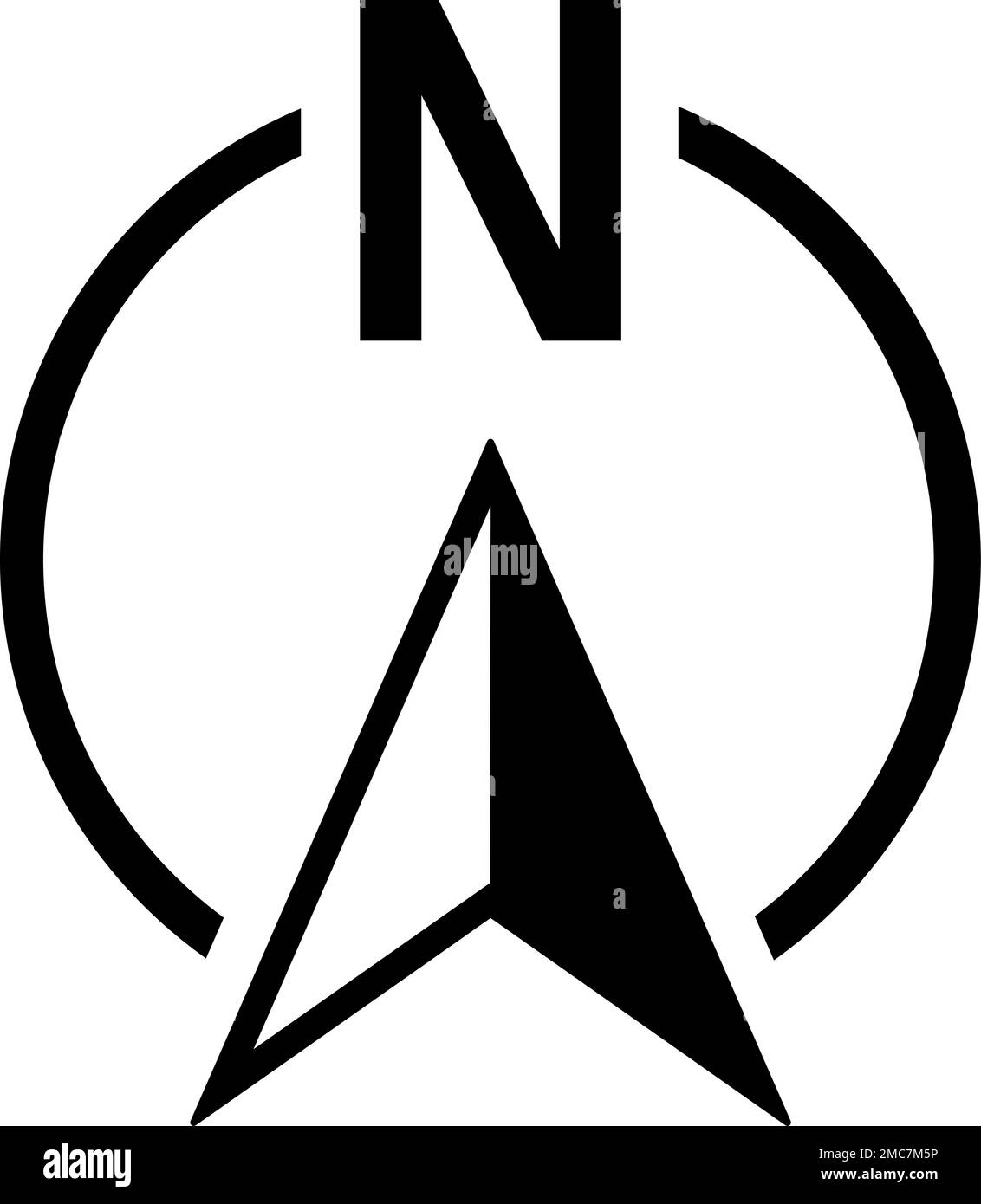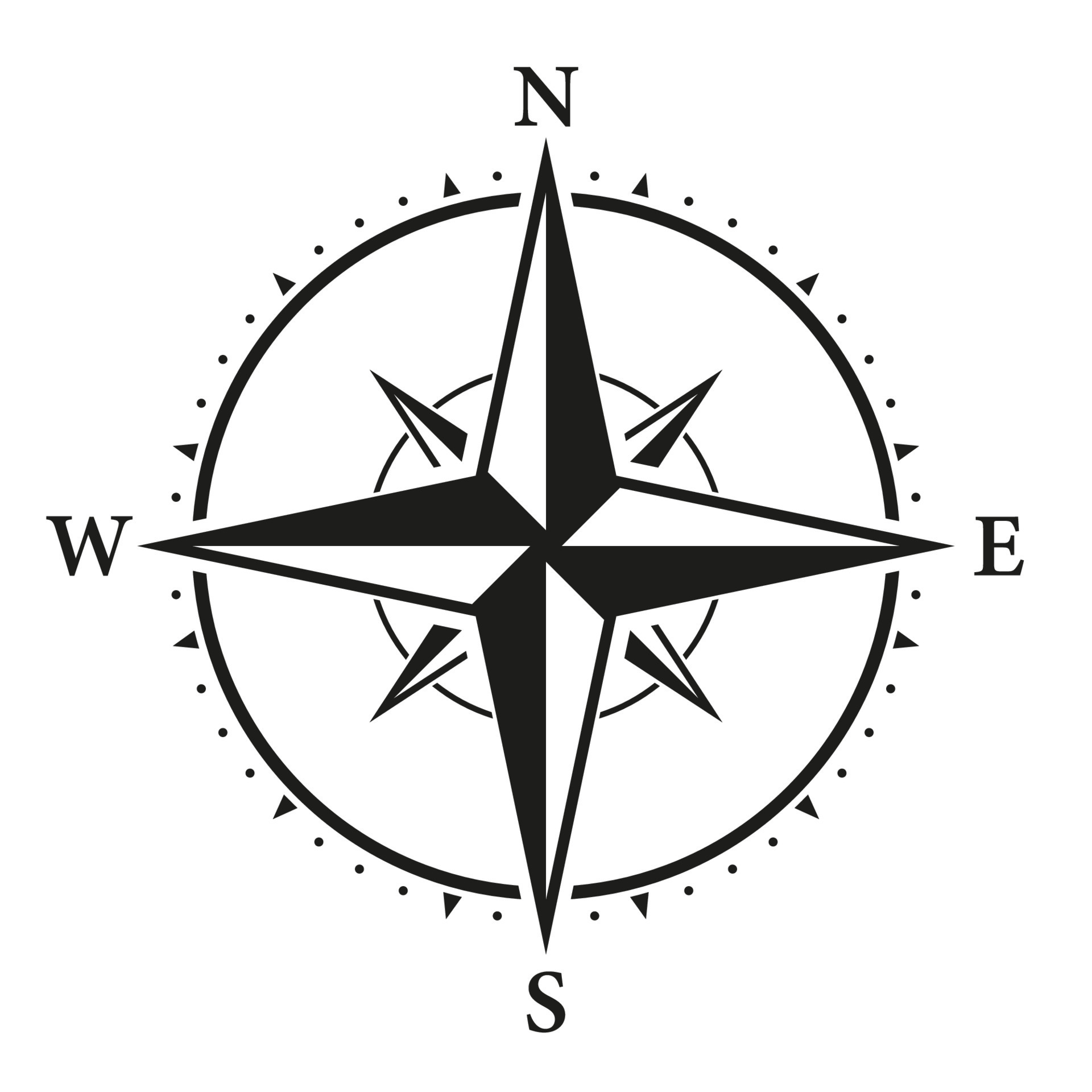Have you ever thought about what comes to mind when someone mentions North Carolina? It's almost as if certain images pop up right away, isn't it? People often have these quick ideas, a bit like snapshots, about different places, and that includes the Tar Heel State. We hear things, and sometimes, those ideas stick, becoming what we call stereotypes. So, you might wonder, what are these common perceptions about North Carolina, and how much truth do they actually hold?
It's interesting, really, how these general notions come about. They can be based on a tiny bit of truth, or perhaps just a story passed around. For a place like North Carolina, a state that stretches from mountains to the ocean, you can imagine there's a lot more to it than just a few simple labels. People who live here, or those who've spent time visiting, often find that the reality is far richer and more varied than any quick assumption might suggest, you know?
This discussion today is about looking closely at some of those widely held beliefs about North Carolina. We'll explore where these ideas might come from and, more importantly, see if they truly capture the spirit of the place and its people. It's a way to move past the simple labels and get to know the state a little better, which is that, quite a good thing to do, actually.
Table of Contents
- The Direction of North and North Carolina's Identity
- Common North Carolina Stereotypes: Fact or Fiction?
- Why Stereotypes Stick (and Why They Don't)
- Beyond the Labels: Experiencing the Real NC
- Frequently Asked Questions About North Carolina
The Direction of North and North Carolina's Identity
When you think about the word "North," it usually brings to mind a compass point, doesn't it? It's that cardinal direction, directly opposite of south, a line on a map. This idea of "north" can be a noun, an adjective, or even an adverb, pointing us to, toward, or in that specific direction. You might hear about birds migrating from the north, or parts of the north being hit by a storm, or someone saying, "I grew up in the north." It's a way to define location, to give a sense of place, so.
More Than Just a Point on the Compass
North Carolina, of course, has "North" right there in its name. But what does that really mean for its identity, especially when we talk about common ideas people have? Is it "north" in the sense of being above the deeper South, or does it simply mean it's one of the Carolina territories that happened to be positioned that way? It's more than just a spot on a map; it's a place with its own unique feel, a bit different from its southern neighbors in some respects, yet very much connected, too.
This state, you know, has a certain character that's been shaped by its geography and its history. It's not just a collection of definitions or a direction; it's a living, breathing area with people, customs, and a whole lot of different landscapes. So, while the word "north" gives it a name, the true essence of North Carolina comes from what's actually within its borders, as a matter of fact.
Common North Carolina Stereotypes: Fact or Fiction?
Let's get into some of the more common ideas people have about North Carolina. These are the kinds of things you hear, and you might wonder if they're really true for everyone or just a small part. It's pretty interesting to break them down, you know, and see what holds up.
The Southern Hospitality Myth
One of the biggest ideas about North Carolina, and the South generally, is that everyone is incredibly welcoming and friendly. You hear about "Southern hospitality" quite a lot, don't you? People imagine folks offering you sweet tea the moment you arrive, ready to chat for hours on the porch. And, in many parts of North Carolina, you will find people who are genuinely warm and happy to help, which is that, a really nice thing.
But, is it a universal truth? Not always, no. Just like anywhere else, North Carolina has all sorts of people. You'll find folks who are busy, or perhaps a little reserved, especially in bigger cities. So, while a welcoming spirit is certainly present, it's not a blanket rule for every single person you meet, obviously. It's more of a tendency, you know, a general way of being that many people appreciate.
Is Everyone a Farmer?
Another common idea is that North Carolina is mostly farmland, and that everyone there works in agriculture. It's true that farming has a long and important history in the state, and places like the eastern plains are very much agricultural areas. You'll see tobacco fields, corn, soybeans, and other crops, which is that, a big part of the economy.
However, North Carolina has changed a great deal over the years. There are large metropolitan areas like Charlotte, Raleigh, and Durham with thriving tech industries, banking, and research. We have mountains with tourism, and coastal regions focused on fishing and recreation. So, while agriculture remains important, it's far from the only game in town, or the only job people do, basically. It's a very diverse economy now, with many different kinds of work.
The Mountain vs. Coast Divide
People sometimes think of North Carolina as having two very distinct halves: the rugged mountains to the west and the flat coastline to the east. And in a way, that's pretty accurate. The Appalachian Mountains offer a completely different feel from the Outer Banks, you know? The culture, the pace of life, and even the local accents can vary quite a bit between these areas.
What this idea sometimes misses, though, is the vast central part of the state, often called the Piedmont. This area, with its rolling hills, is home to most of the state's population and its largest cities. It's a mix of both worlds, in some respects, not quite mountain, not quite coast, but with its own unique blend. So, while the mountain and coast differences are real, they don't tell the whole story of the state's geography or its people, you know?
College Basketball Obsession
If you've heard anything about North Carolina sports, it's probably about college basketball. The rivalry between teams like Duke and UNC is almost legendary, isn't it? People might imagine that everyone in the state lives and breathes college hoops, and that it's the only sport that truly matters. And honestly, for a lot of people, especially during basketball season, this is pretty close to the truth.
The passion for college basketball is incredibly strong here, and it's a big part of the state's identity. But, it's not the only sport, and not everyone is equally obsessed. Professional sports, like the Carolina Panthers in football or the Carolina Hurricanes in hockey, have a dedicated following too. Plus, there's a growing interest in outdoor activities, racing, and other pursuits. So, while basketball holds a special place, it doesn't overshadow everything else for everyone, you know, just for a lot of people.
Sweet Tea and BBQ Everywhere
The idea of North Carolina cuisine often boils down to two things: very sweet iced tea and barbecue. And yes, you will find both of these things in abundance across the state. North Carolina barbecue, especially, is a big deal, with its distinct regional styles (eastern vinegar-based versus western Lexington-style with tomato and vinegar). You can find some truly incredible barbecue joints, which is that, a real treat.
However, the food scene in North Carolina has grown far beyond just these two staples. Cities have a wide range of international restaurants, farm-to-table eateries, and innovative chefs. You'll find craft breweries, vineyards, and diverse culinary experiences that reflect the state's changing demographics and tastes. So, while sweet tea and BBQ are certainly iconic, they're just a small part of a much larger and more varied food landscape, you know, these days.
Why Stereotypes Stick (and Why They Don't)
It's fascinating to think about why some ideas about a place become so widely known, even if they're not completely accurate. There's a reason these North Carolina stereotypes have a bit of staying power, yet they also tend to fall apart when you look closer, as a matter of fact.
The Power of Perception
Stereotypes often come from a grain of truth, or perhaps from historical context. If a region was once heavily agricultural, that image might stick, even as the economy changes. Media portrayals, stories passed down, and even tourism slogans can reinforce certain ideas. People tend to simplify things, too, because it's easier to grasp a simple idea than a complex reality. So, if you hear about sweet tea and friendly folks enough times, that's what you start to expect, you know?
These perceptions can be powerful, shaping how outsiders view a place and even how residents sometimes see themselves. But, they're also just that: perceptions. They don't always capture the full picture, and they can sometimes miss the subtle shifts and new developments that are always happening, you know, in any place.
Real Diversity Within the State
The biggest reason why many North Carolina stereotypes don't fully hold up is the state's incredible diversity. From the Blue Ridge Mountains to the Outer Banks, and all the vibrant cities and small towns in between, there's a huge range of landscapes, cultures, and ways of life. People from all over the world have moved to North Carolina, bringing new perspectives and traditions, which is that, a really good thing.
This mix of old and new, rural and urban, mountain and coast, means that no single stereotype can truly define the whole state. It's a place of constant evolution, where tradition meets innovation, and where many different kinds of people call home. So, while some ideas might capture a piece of the truth, they certainly don't tell the whole story, you know, not even close.
Beyond the Labels: Experiencing the Real NC
To truly understand North Carolina, you really have to go beyond the quick labels and common ideas. It's a state that offers so much, from the natural beauty of its parks and coastlines to the rich history found in places like its historic towns. You can find world-class universities, innovative businesses, and a thriving arts scene, all mixed in with charming small communities and a strong sense of local identity. It's a place that tends to surprise people, you know, in a very good way.
Whether you're exploring the walking paths of a place like Winchester Park & Woods in Riverside, Rhode Island, or perhaps looking at what other communities might offer, the idea of a place is always more than its simple definition. North Carolina is a bit like that; it's a state that invites you to discover its many layers. It's a place where you can enjoy outdoor activities, explore vibrant cities, and perhaps even find a new favorite kind of barbecue. So, the best way to really get to know North Carolina is to experience it for yourself, to see past the common ideas, and to appreciate its unique blend of qualities, which is that, something quite special.
Frequently Asked Questions About North Carolina
Is North Carolina considered Southern?
Yes, North Carolina is very much considered a Southern state. It shares many cultural traits, historical connections, and traditions with its neighbors to the south. However, it also has its own distinct character, especially with its diverse geography and growing urban areas, so.
What is North Carolina known for?
North Carolina is known for a lot of things! People often mention its beautiful beaches along the Outer Banks, the stunning Appalachian Mountains, and its passionate college basketball rivalries. It's also known for its unique barbecue styles, sweet tea, and its history in tobacco and furniture industries, which is that, quite a mix.
What are the cultural differences in North Carolina?
The cultural differences in North Carolina are pretty significant, actually, largely due to its varied geography. The western mountain region has a distinct Appalachian culture, while the eastern coastal plain has its own traditions tied to farming and fishing. The central Piedmont region, with its larger cities, is a melting pot of various cultures and has a more modern, urban feel. It's very much a blend of different ways of life within one state, you know.



Detail Author:
- Name : Zelma Rath
- Username : marina12
- Email : antonina33@yahoo.com
- Birthdate : 1996-10-18
- Address : 24055 Yasmine Via Apt. 709 Kingberg, MT 60270-5531
- Phone : 1-979-582-4034
- Company : Altenwerth-Jacobs
- Job : Agricultural Equipment Operator
- Bio : Aut et placeat est velit. Ea nobis odit quam possimus quis. In dicta aut et qui.
Socials
linkedin:
- url : https://linkedin.com/in/adolfo_id
- username : adolfo_id
- bio : Impedit dicta ratione non.
- followers : 6989
- following : 2629
twitter:
- url : https://twitter.com/adolfo_schneider
- username : adolfo_schneider
- bio : Consequatur totam veniam qui debitis eum velit. Et enim quidem nam hic consequatur. Accusantium sit ducimus dolorem ut quos possimus iure.
- followers : 3655
- following : 809
tiktok:
- url : https://tiktok.com/@schneider2022
- username : schneider2022
- bio : Quaerat quam nam eos doloribus. Magnam est minima aut eos rem.
- followers : 6081
- following : 2747
facebook:
- url : https://facebook.com/schneidera
- username : schneidera
- bio : Repellendus natus optio dignissimos. Veniam ipsam animi sed similique.
- followers : 6495
- following : 1359

